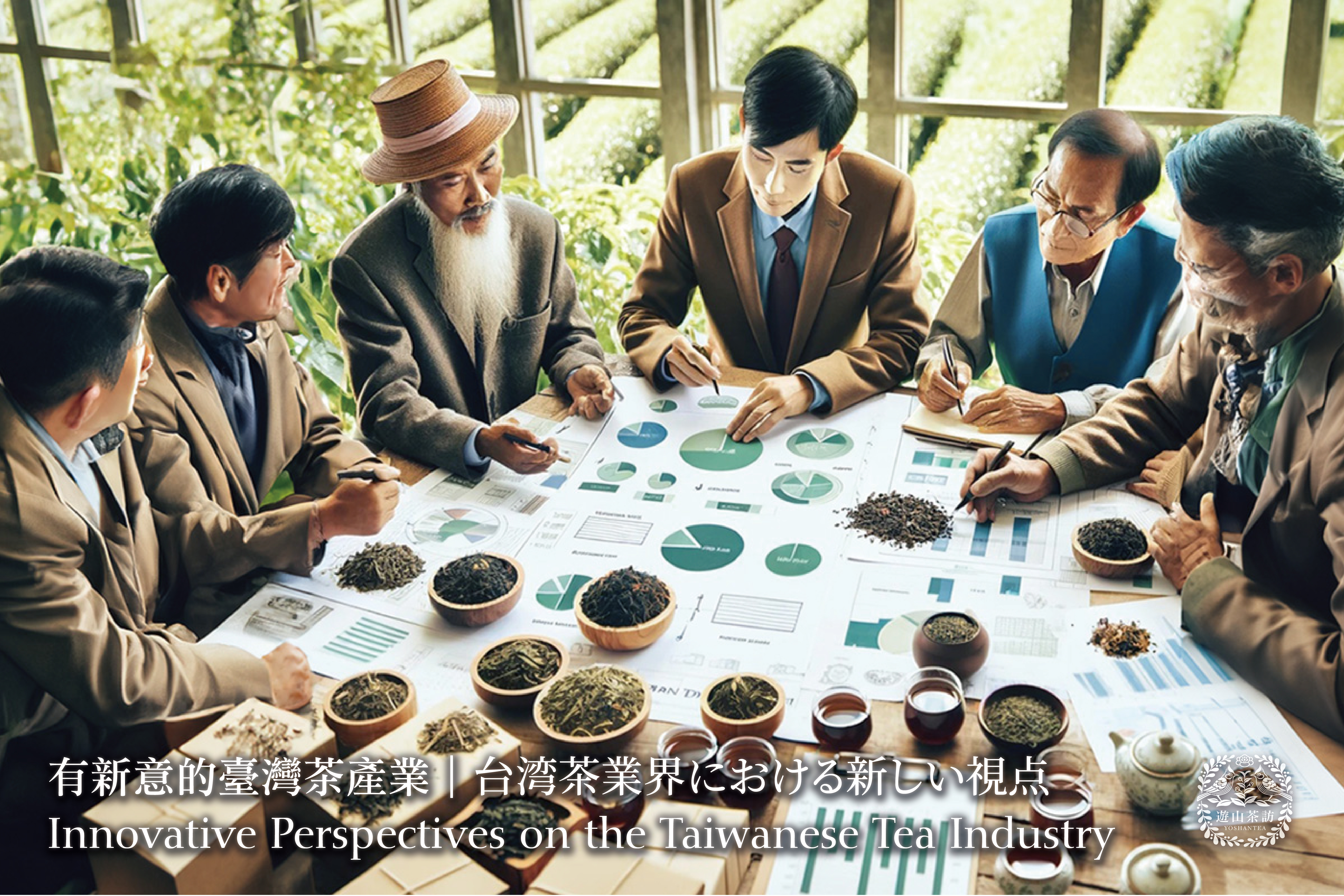Hello everyone:
I'm Andy, a busy tea enthusiast.
This week, instead of sharing tea knowledge, I want to discuss a question asked by an elder.
What bottlenecks is Taiwan's fine tea industry currently facing, and where are the breakthroughs possible?
In my view, this requires consideration of the entire tea industry chain.
Growing tea, making tea, and selling tea. These are the main parts of the tea industry chain.
Tea inspection, brand design, system planning, equipment supply, material supply, packaging production, food safety certification, education, and training, etc. These are part of the upstream supply chain.
In Taiwan, these industries have their own roles, but how to effectively cooperate and become each other's best partners is an urgent issue that needs to be resolved.
Discussing only growing tea, making tea, and selling tea, the roles of tea farmers, tea factories, tea packaging factories, and tea sellers should be a collaborative effort. However, often due to the lack of cooperative contracts and large transaction amounts, everyone wants to benefit the most. Therefore, a good and professional “division of labor in the tea industry” is rarely seen in Taiwan's fine tea sector.
In the fine tea industry in Taiwan, tea farmers with weeders and constant notifications from Facebook messages on their phones, rush to meet customers and package shipments after leaving the tea fields. If it gets too late, the courier leaves early, and goods can't be shipped, leading to customer complaints. Holding a weeder in one hand and a shipping order in the other is a common sight among Taiwan's tea farmers.
For tea merchants to obtain lower-cost and better-quality tea leaves, directly purchasing tea gardens and setting up tea factories is not uncommon. The tea-making season can be seen as a period of intense focus for tea merchants.
All these situations are overwhelming and constitute suffocating work content. Why is it difficult to divide labor in the tea industry? Often, tea produced by farmers lacks guaranteed acceptance conditions from merchants, or the profit is too low, forcing farmers to face the market themselves to stabilize their income. The risks tea merchants take on when purchasing tea from farmers include poor quality, pesticide residues, unsold inventory, forcing them to undertake the work of farmers to stabilize their tea leaf costs.
Therefore, "professional division of labor in the tea industry" along with "brand building" are the best solutions. When tea farmers can focus on managing tea gardens and producing tea leaves without worrying about sales, and tea merchants can focus on sales and provide farmers with appropriate education and training, as well as favorable purchasing conditions. Merchants need to bear the "sales" risk, and therefore have higher profits.
The topic of Taiwan's fine tea has much to discuss. Today, I'll leave it here and will continue to share interesting content on "tea brand building" and "tea supply chain integration" with you.
See you next time.
